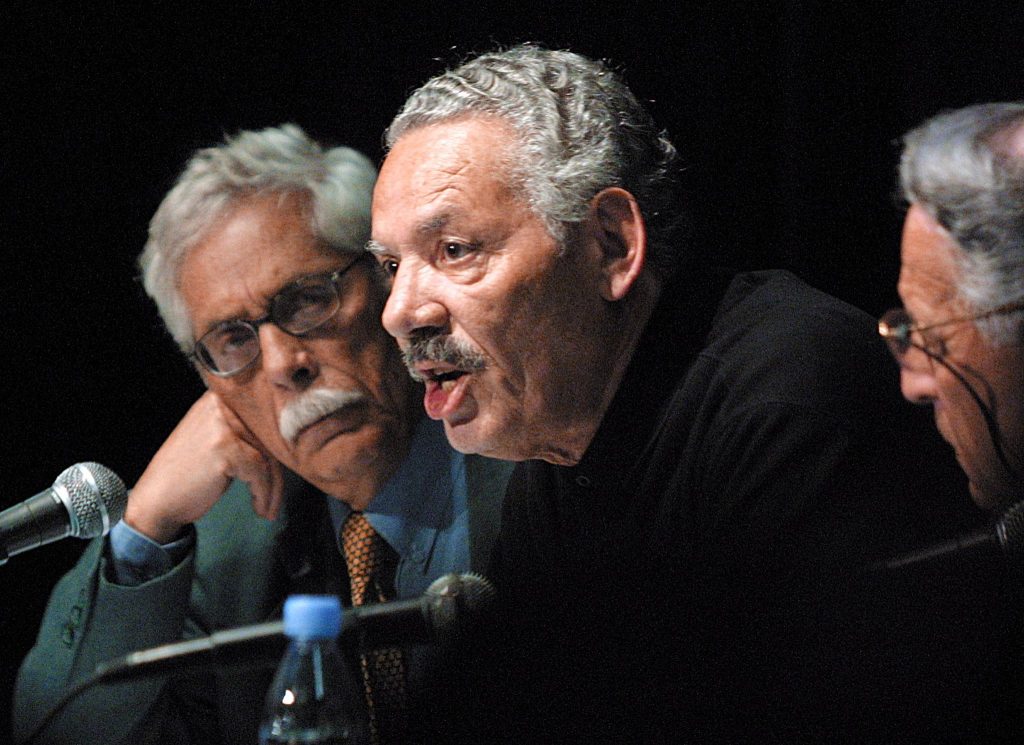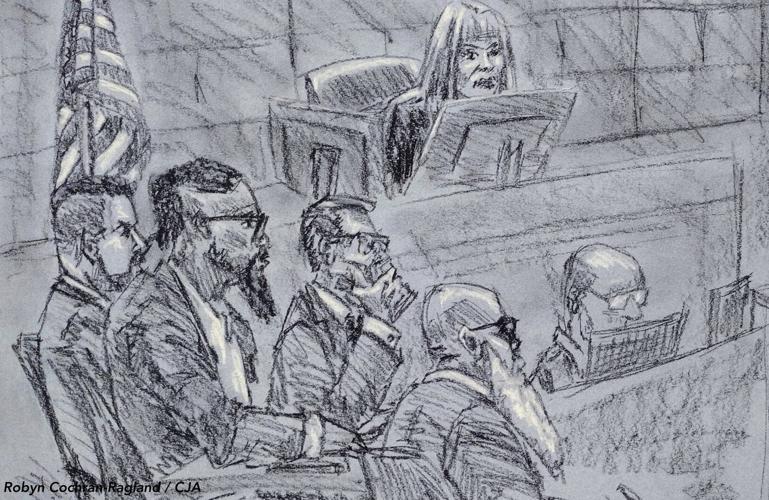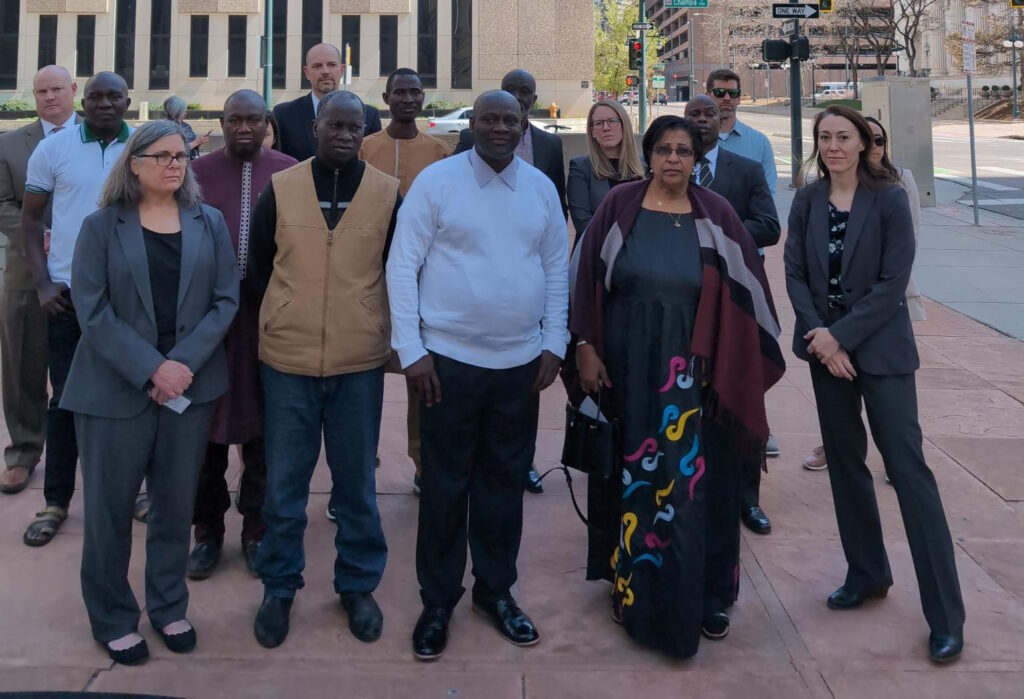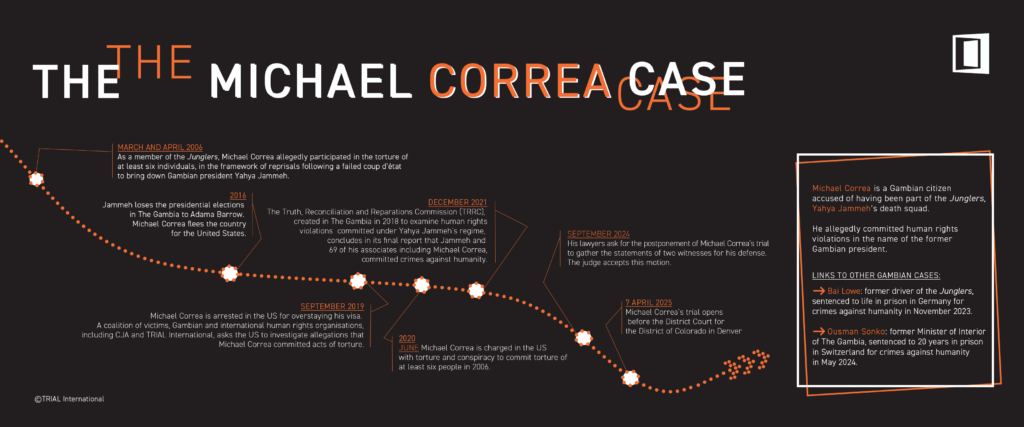Grave and multiple violations of the rights of Ismail Al Khazmi
The case
In November 2008, a joint individual communication against Libya was lodged by TRIAL and the organisation Al-Karama for Human Rights before the United Nations Human Rights Committee on behalf of Ibrahim Aboubakr Al Khazmi, acting in the name of his son, Ismail Al Khazmi.
Ismail Al Khazmi was arbitrarily arrested by officials of the State Internal Security Agency on 17 June 2006, at his workplace. He was taken away to an unknown destination. His brother was arrested the same night at the family home.
Despite various appeals by the family, the authorities (who acknowledged the detention of Mubarek, the younger brother) would neither acknowledge Ismail’s detention, nor give any other information about his fate.
Witnesses saw Ismail in Asseka prison, in Tripoli, where he was detained without being brought before a judicial officer or given the opportunity to challenge his detention. He was also denied all contact with his family or a lawyer.
Former co-prisoners reported that he was repeatedly tortured. On 29 June 2006, after having been tortured for several days, Ismail Al Khazmi was again severely beaten in his cell and suspended from the ceiling. Afterwards, he was taken away to an unknown location, unconscious but still breathing.
On 1 May 2007, Ibrahim Aboubakr Al Khazmi was informed of the death of his son. No information was given to him on the date and circumstances of this event, and his demand for an autopsy was rejected by the authorities. He then contacted a lawyer who initiated proceedings against those responsible for Ismail’s death, but the official in charge of the Ministry of Interior blocked the investigation. He finally addressed himself to the Secretary of the People’s General Committee of Justice, but to no avail.
Given the high level of political interference in the Libyan judiciary, in addition to the fact that the executive has shown to be hostile to an investigation in this particular case, it can be considered that it is not possible to obtain an effective judicial remedy regarding the grave violations inflicted to Ismail Al Khazmi. Moreover, in Libya, the justified fear of reprisal on the part of political detainees and their families renders any remedies de facto unavailable in such cases.
Ismail Al Khazmi’s father requests the Committee to recognise that Libya has violated:
- the rights of Ismail Al Khazmi to life; to be free from torture, cruel, inhuman or degrading treatment/punishment; to liberty and security of the person; to be treated with humanity and dignity during detention; to recognition as a person before the law; and to an effective remedy (articles 6(1), 7, 9, 10(1), 16, and 2(3) of the International Covenant on Civil and Political Rights);
- his own rights to an effective remedy and to be free from torture or ill-treatment (articles 2(3) and 7).
The general context
These facts come within the context of the relentless repression exerted by the regime of Colonel Gaddafi, who has ruled the country with an iron fist for well-nigh 40 years. The security forces – especially the ISA – have notoriously committed the worst abuses, on a large scale and with total impunity. Opponents of the government, real or perceived, are the main targets of such practices.Scores of citizens have been victims of arrests, carried out in all illegality, followed by extremely long detentions, with no judicial monitoring and often in solitary confinement without their family being informed.
Incommunicado detention and torture, which often leads to the death of detainees, constitute a common instrument of repression in Libya.
The Decision
In July 2013 the Human Rights Committee adopted its decision (called “views” in the UN jargon) on the case Al Khazmi.
The Human Rights Committee found Libya internationally responsible for the violation of several provisions of the International Covenant on Civil and Political Rights. In particular, the Human Rights Committee declared that the State is responsible for the enforced disappearance, incommunicado detention and lethal torture inflicted on Ismail Al Khazmi and for not having conducted an effective investigation into these violations, as well as for not having prosecuted and sanctioned those responsible, thus fostering impunity.
The Human Rights Committee requested Libya to:
– Conduct a thorough, prompt and impartial investigation into the disappearance and death of Ismail Al Khazmi and provide his family with detailed information on the results of its investigation;
– Handing over Ismail Al Khazmi’s remains to his brother;
– Prosecuting, trying and punishing those responsible for the violations committed; and
– Providing compensation to the applicants.
Libya must inform the Committee within 180 days about the measures taken to implement the decision.









